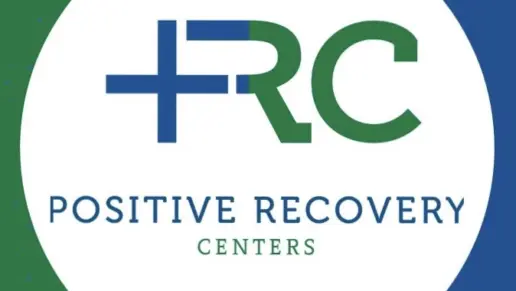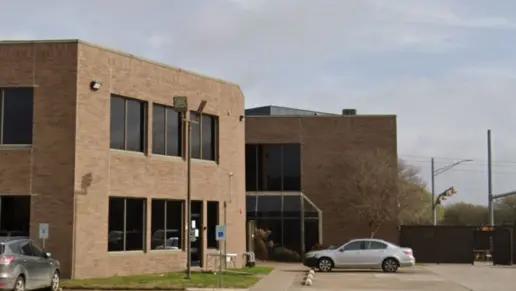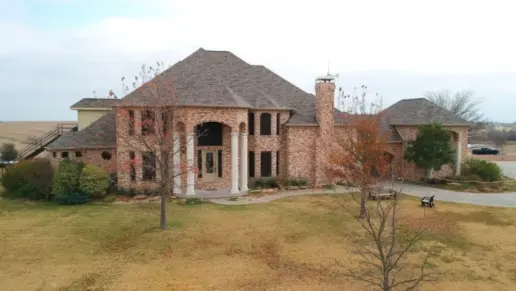About Spindletop Center South Campus
Spindletop Center’s South Campus is in Beaumont, Texas. The clinic offers comprehensive outpatient treatment to adults over 18 affected by substance use disorders and co-occurring conditions. The latter is when someone is dealing with both substance misuse and psychiatric conditions.
The great thing about their outpatient addiction recovery is its flexibility. You can maintain your work, academic or everyday professional life while still receiving support to help you recover from substance misuse. However, you should only consider this outpatient care for treating moderate to mild addiction or when stepping down from inpatient residential care.
The facility prioritizes trauma-informed and individualized treatment. They’ll tailor your program to fit your symptoms while recognizing the trauma that fueled your behavioral challenges.
Their recovery approach is grounded in clinically proven models like cognitive (CBT) and dialectical behavioral therapy (DBT) that promote emotional regulation. This is delivered via group, individual, and family counseling. Therapy groups help you address the root causes of your behavioral challenges and develop robust coping mechanisms. You’ll learn essential life skills such as problem-solving, anger/stress management, good decision making and building healthy relationships. This strengthens your coping mechanisms, prevents relapse and promotes lasting sobriety.
Family sessions enable you to rebuild trust, mend relationships and improve communication with your loved ones. This enhances your support network which is essential for lasting recovery.
The program integrates support groups like 12 Step or other peer based recovery meetings like AA/NA. This fosters a sense of community and shared experience in recovery.
Clients affected by co-occurring disorders may receive psychiatric care, including psychiatric evaluation and medication management/education. Education on substance misuse is provided to help you grasp the impact of alcohol/drugs on your health and relationships while promoting healthier choices.
Aftercare services may involve connection to community resources like housing, medical care and employment services after treatment. They may also refer you to peer based groups like AA or NA for ongoing support.
It’s a CARF-accredited behavioral health facility. CARF accreditation may indicate a commitment to quality treatment.
I also like that they accept Medicaid and various private insurances as this makes paying for treatment convenient.
Latest Reviews
Rehab Score
Other Forms of Payment
Medicaid is a state based program that helps lower-income individuals and families pay for healthcare. Medicaid covers addiction treatment so those enrolled can use their coverage to pay for rehab. When a program accepts Medicaid the client often pays very little or nothing out of their own pocket.
Medicare is a federal program that provides health insurance for those 65 and older. It also serves people under 65 with chronic and disabling health challenges. To use Medicare for addiction treatment you need to find a program that accepts Medicare and is in network with your plan. Out of pocket costs and preauthorization requirements vary, so always check with your provider.
Addiction Treatments
Levels of Care
Treatments
The goal of treatment for alcoholism is abstinence. Those with poor social support, poor motivation, or psychiatric disorders tend to relapse within a few years of treatment. For these people, success is measured by longer periods of abstinence, reduced use of alcohol, better health, and improved social functioning. Recovery and Maintenance are usually based on 12 step programs and AA meetings.
During rehab in Texas, you'll deal with underlying issues that contribute to addiction. By addressing these challenges and learning healthy ways to cope with them, you'll develop strategies that help you live a drug-free lifestyle.
Many of those suffering from addiction also suffer from mental or emotional illnesses like schizophrenia, bipolar disorder, depression, or anxiety disorders. Rehab and other substance abuse facilities treating those with a dual diagnosis or co-occurring disorder administer psychiatric treatment to address the person's mental health issue in addition to drug and alcohol rehabilitation.
A combined mental health and substance abuse rehab has the staff and resources available to handle individuals with both mental health and substance abuse issues. It can be challenging to determine where a specific symptom stems from (a mental health issue or an issue related to substance abuse), so mental health and substance abuse professionals are helpful in detangling symptoms and keeping treatment on track.
Programs


Clinical Services
Group therapy is any therapeutic work that happens in a group (not one-on-one). There are a number of different group therapy modalities, including support groups, experiential therapy, psycho-education, and more. Group therapy involves treatment as well as processing interaction between group members.
In individual therapy, a patient meets one-on-one with a trained psychologist or counselor. Therapy is a pivotal part of effective substance abuse treatment, as it often covers root causes of addiction, including challenges faced by the patient in their social, family, and work/school life.
Research clearly demonstrates that recovery is far more successful and sustainable when loved ones like family members participate in rehab and substance abuse treatment. Genetic factors may be at play when it comes to drug and alcohol addiction, as well as mental health issues. Family dynamics often play a critical role in addiction triggers, and if properly educated, family members can be a strong source of support when it comes to rehabilitation.
Amenities
-
Residential Setting
-
Private Setting
Accreditations

The Commission on Accreditation of Rehabilitation Facilities (CARF) is a non-profit organization that specifically accredits rehab organizations. Founded in 1966, CARF's, mission is to help service providers like rehab facilities maintain high standards of care.
CARF Accreditation: Yes
Contact Information
2750 South 8th Street
Beaumont TX, 77701


